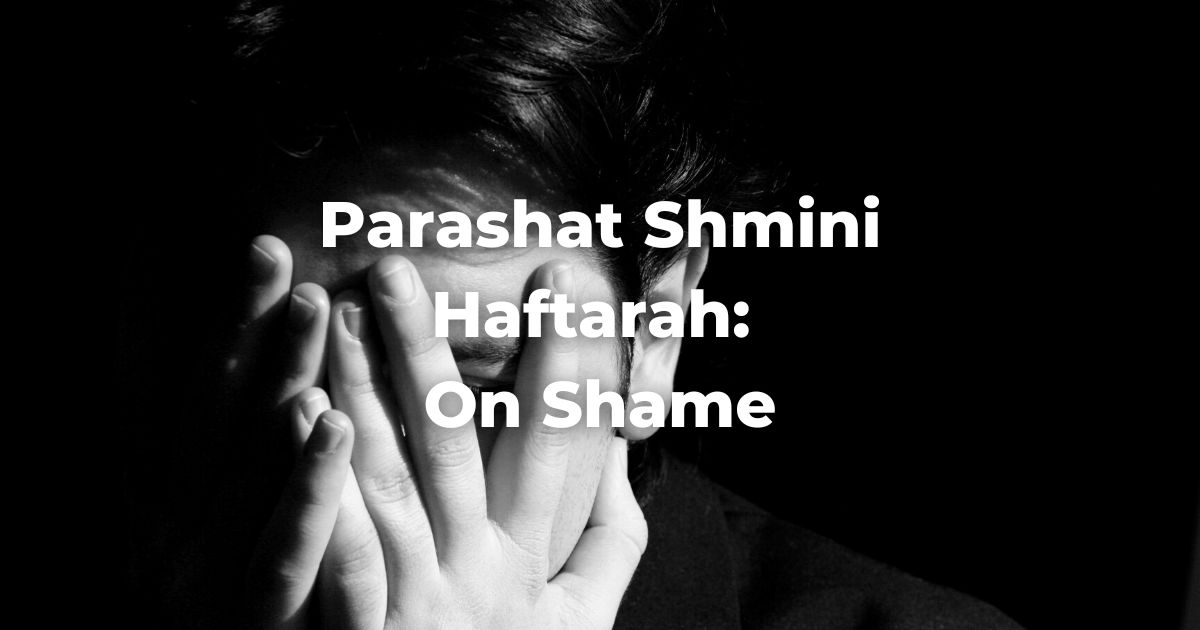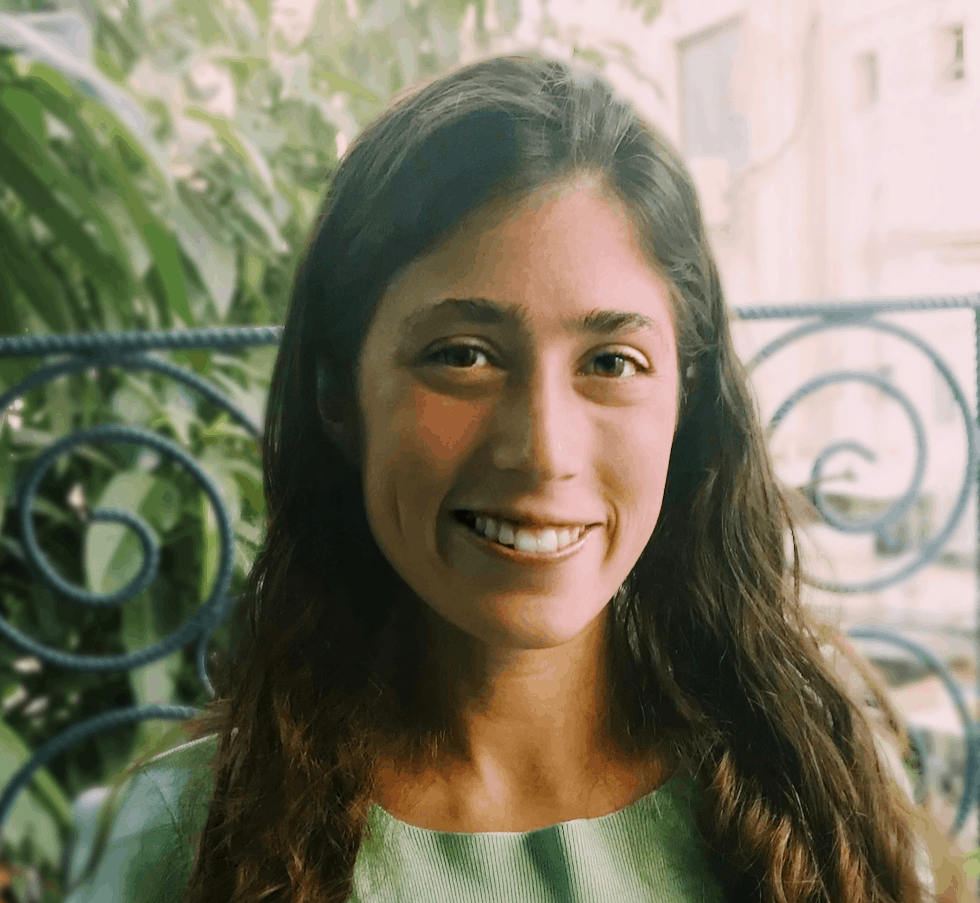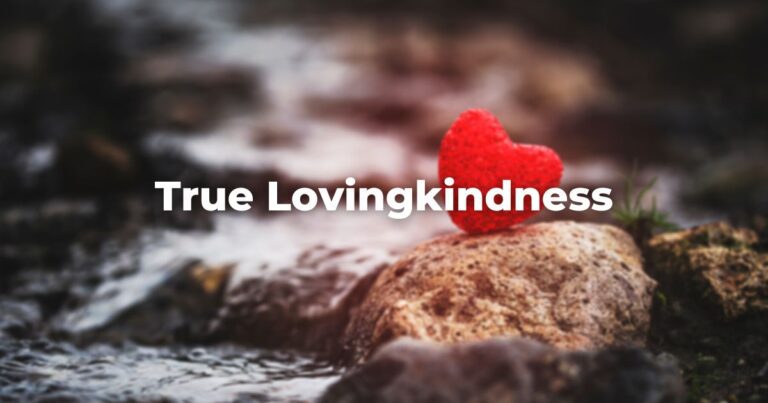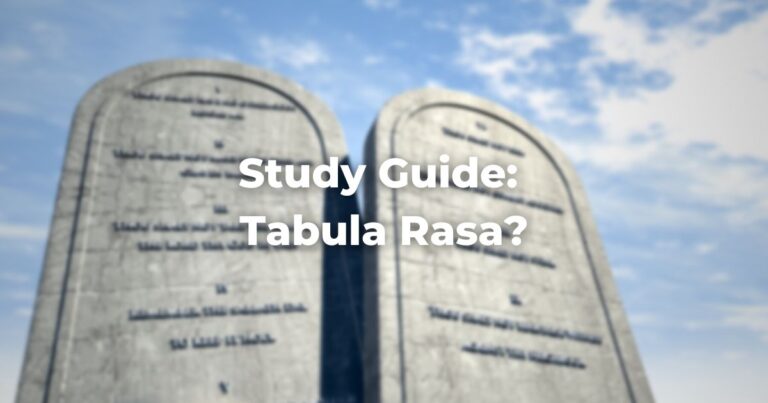Shame is a powerful motivator. It is one of the early emotions that children experience, serving as a milestone that they are starting to understand they are part of a larger community.
First encounter of shame
In the beginning, in the garden of Eden, we first encounter a word for shame. We read that although Adam and Eve were naked, they did not feel shame. They felt as if they had nothing to hide and no one to hide from.
It is only after gaining knowledge that they do feel shame and very quickly spring into action. They sew clothing, become afraid, and hide themselves. According to the text, the actions come not from guilt over having disobeyed God, but rather from shame because they are naked. They are ashamed of the state they are in.
It is important to differentiate between shame, guilt, and embarrassment. All three are powerful, present, and intensely human emotions.
Shame, guilt, and embarassment
But it is only shame that binds us to our communities, that leads us to take action. We can define guilt as the feeling of having done something wrong while shame is the failure to have done something right. Shame is a state of being, whereas guilt arises from certain actions. We feel guilty when we judge ourselves. Shame comes from the anticipated judgment of other people; it implies our ability to imagine ourselves through other people’s eyes.
Embarrassment is also different from shame. Embarrassment is a temporary feeling of something being amiss. Shame is bigger, it’s our recognizing that we have a moral failing.
In our haftarah, Ezekiel 36, we encounter shame as a tool of transformation.
The haftarah begins with God speaking of God’s concern that God’s name has been desecrated through the actions of Israel. Using the powerful and terrible metaphor of Israel causing pollution to the land and to God just as a menstruating woman does, God explains why God punished us. Luckily for us, God chooses to take Israel back for the sake of God’s name.
Restoring God’s name
Israel has polluted God’s name and so God is restoring it.
However, this restoration will not work if Israel continues to pollute and this is where shame comes in.
God first transforms Israel, giving us a new heart, and breathing spirit back into us. We are restored and all seems right with the world; we live once again in harmony with the land and with God.
Yet it is at this point that God tells us to feel shame. It is only once we have reestablished a community and bought into God’s systems that we are able to recognize that we had failed morally and that we are at risk of doing it again.
By inviting us to feel shame, God calls us to see ourselves through God’s eyes. God allows us back into a community of morality such that we can feel shame that we once were not able to be a part of it.
It’s a tricky thing to allow ourselves to be transformed by shame without the accompanying feelings of guilt and embarrassment, which can lead us to think that we cannot or do not deserve to change. But shame can be a roadmap for us back into our chosen communities, an acknowledgment that we belong.
See more: Parashat Shemini
Originally posted as part of the Conservative Yeshiva at the Fuchsberg Jerusalem Center’s Torah Sparks. Support TorahRefers to the first five books of the Hebrew Bible, the Tanakh, also called the Five Books of Moses, Pentateuch or the Hebrew equivalent, Humash. This is also called the Written Torah. The term may also refer to teachings that expound on Jewish tradition. Read more learning from the Fuchsberg Jerusalem Center/Conservative Yeshiva for leaders and seekers around the world here.
Authors
-

Bex Stern Rosenblatt is the Conservative Yeshiva’s Faculty-in-Residence for the Mid-Atlantic Region of the United States, teaching Tanach, using the techniques of close-reading, theater, feminist readings, and traditional commentators. Bex also directs the CY’s recruitment efforts in North America. After finishing her B.A. in History and German at Williams College, Bex received a Fulbright Grant to Austria. She later earned an M.A. in TanakhAn acronym for the name of the Hebrew Bible: Torah, Neviim, and Ketuvim. Read more from Bar Ilan University and has also studied at the Conservative Yeshiva and Bina Jerusalem. Bex is the founder of HavrutaA study partner. A hevruta is more than just a ‘study buddy’ it is a serious and personal relationship between colleagues. Also spelled: Havruta Read more Tel Aviv, an organization that facilitates guided pair-learning of the Tanakh.
View all posts -



The Fuchsberg Jerusalem Center (FJC) is a home in the heart of Jerusalem where leaders and seekers can find an authentic place in Jewish tradition to call their own. FJC offers opportunities to study, pray and explore within an egalitarian and inclusive setting, creating multiple pathways for finding personal and communal meaning.
View all posts






